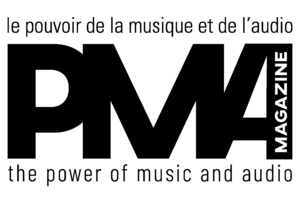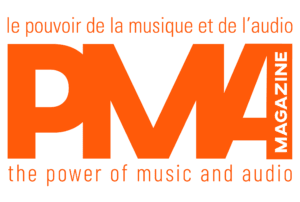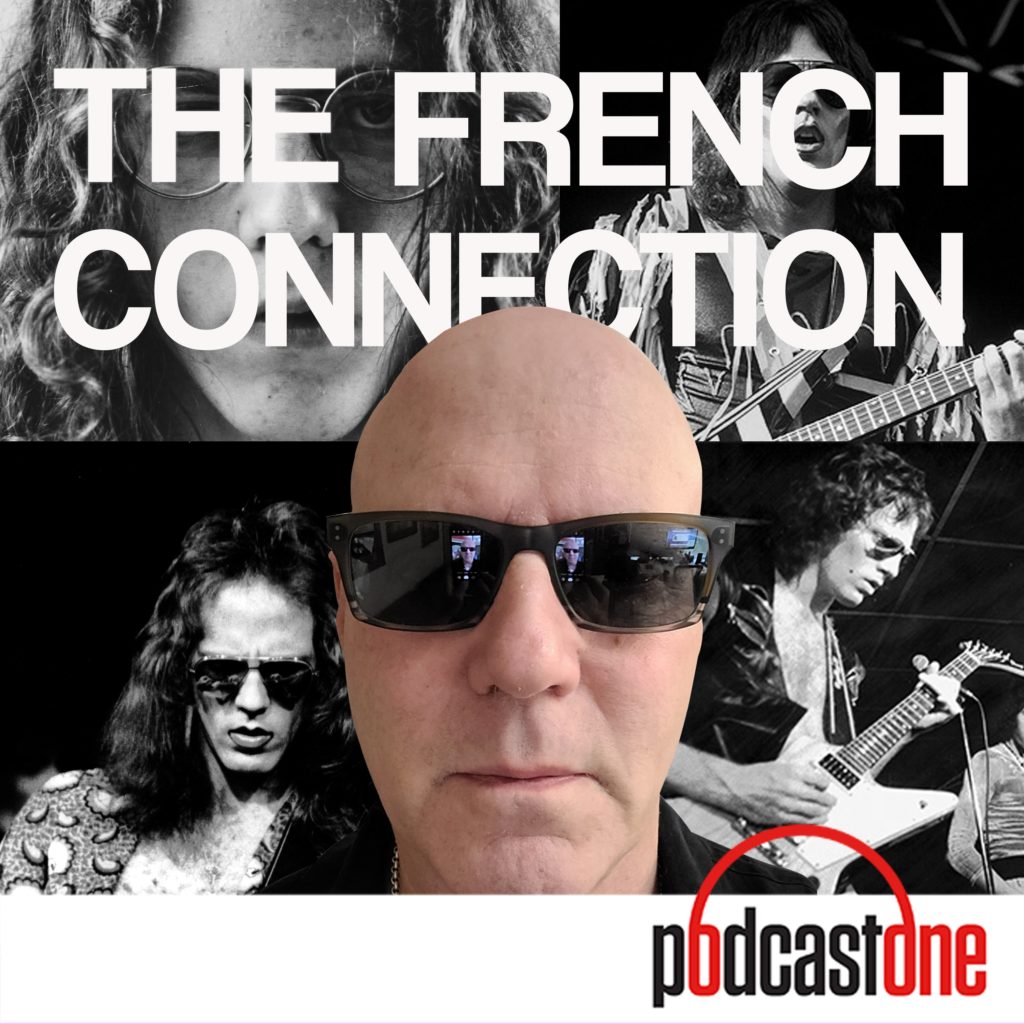Episode 06
If you’ve ever looked at a calculus equation as it relates to DIY audio and wondered just how the heck is that going to correlate with the sound signature you want to achieve, you’re not alone. Darren talks about his experiences going through school to get his Electrical Engineering degree (EE), in the hopes of convincing some that an application-focused approach to audio design is completely valid and appropriate, and can sometimes lead you to a better understanding of the big picture.
Making audio equipment for yourself can result in unique rewards that aren’t possible when you’re simply buying cool gear, but the guys don’t pass up a chance to remind that it can also, sometimes, be a little dangerous. You have to keep your head on straight when you’re soldering new caps into a recently run amplifier, for instance, as Darren will attest.
Episode 07
Would millions of people be interested in learning about cars if Ferrari wasn’t making super cars or if Lamborghini didn’t exist? Possibly not. Their amazing achievements not only represent the top of what’s possible, but also serve to inspire all of us to devote ourselves to learning more about what makes a great car truly special.
Audio is no different, and the top end of hifi audio, known commonly as “ultra-fi,” makes the same case for its existence. While many may decry the sometimes eye-popping dollar amounts required for access, or wonder just what you’re paying for with these luxury monstrosities, those lucky few with access to listening to the top of the absolute top will beg to differ. Most often, with staggering prices comes staggering performance, and Darren and Duncan attempt to break down why that is… and how.
Episode 08
We’ve all been there. You sit a friend down in front of your system in the sweet spot, and try to blow their mind. Maybe they know a little about audio, and maybe they don’t. Maybe you’re trying to explain through music exactly why you’re so obsessed with wringing out the best musical playback you can from two speakers and a chain of expensive gear.
Whatever the case, talking to non-hifi people about hifi can be more challenging than it seems. Our lexicon of descriptive words and labyrinth of technical jargon can be overwhelming for most, and it can be difficult to find the right music to play or the right words to explain to them why what is going on in the room is remarkable to you and should be remarkable to them.
Episode 09
Bill Johnson, the founder of Audio Research Corp. and a legend in our business, said that he wanted power supply components to be of such high quality that music could be enjoyed through each of the parts. We know that all audio equipment uses power — usually DC in variety — to amplify or produce the music we love, and his point is clear: clean power is as essential to the eventual excellence of a product as any of the other parts therein.
We also know that the power supplied to our homes is AC, and must be converted to DC before these devices can do their magic work, so it makes sense that the more pure the DC power is, the better for the rest of the audio circuit. But do you know how this is pulled off? If the terms “ripple” or “rectifier” aren’t part of your lexicon, this week’s podcast will change that as Darren and Duncan winnow down to the nuts and bolts of what makes power supplies tick — and how the good ones are made. And even if you are familiar, this podcast will undoubtedly offer something new for your perspective.
A treasure trove of power-specific information is laid out in a way that dips in and out of engineer land to reveal in plain terms how the alternating current from our walls is converted and made clean and pure before it makes its way through our beloved stereo components and eventually to our ears as music.
Episode 10
“MMmmm, feels like it’s a bit heavy around 6KHz… those cymbals are a little dark.”
If you’ve ever found yourself saying something like this, chances are you’ve spent some time developing you listening skills and abilities, which is one of the most important elements of being an audiophile. The idea of “Golden Ears” having to do with actual ears is wrong. Superior listening skills happen in between the ears, and are a product of focused efforts to get better at understanding and identifying what’s happening to the music in your system. Practice makes perfect, and you have to actively work at getting better before you can pick apart the sound in front of you or recognize what makes the best sound reproduction so excellent.
From surrounding yourself with different audio systems to actually recording and manipulating audio, Darren and Duncan offer tips and steps to help you develop your listening abilities.





Leave a Reply